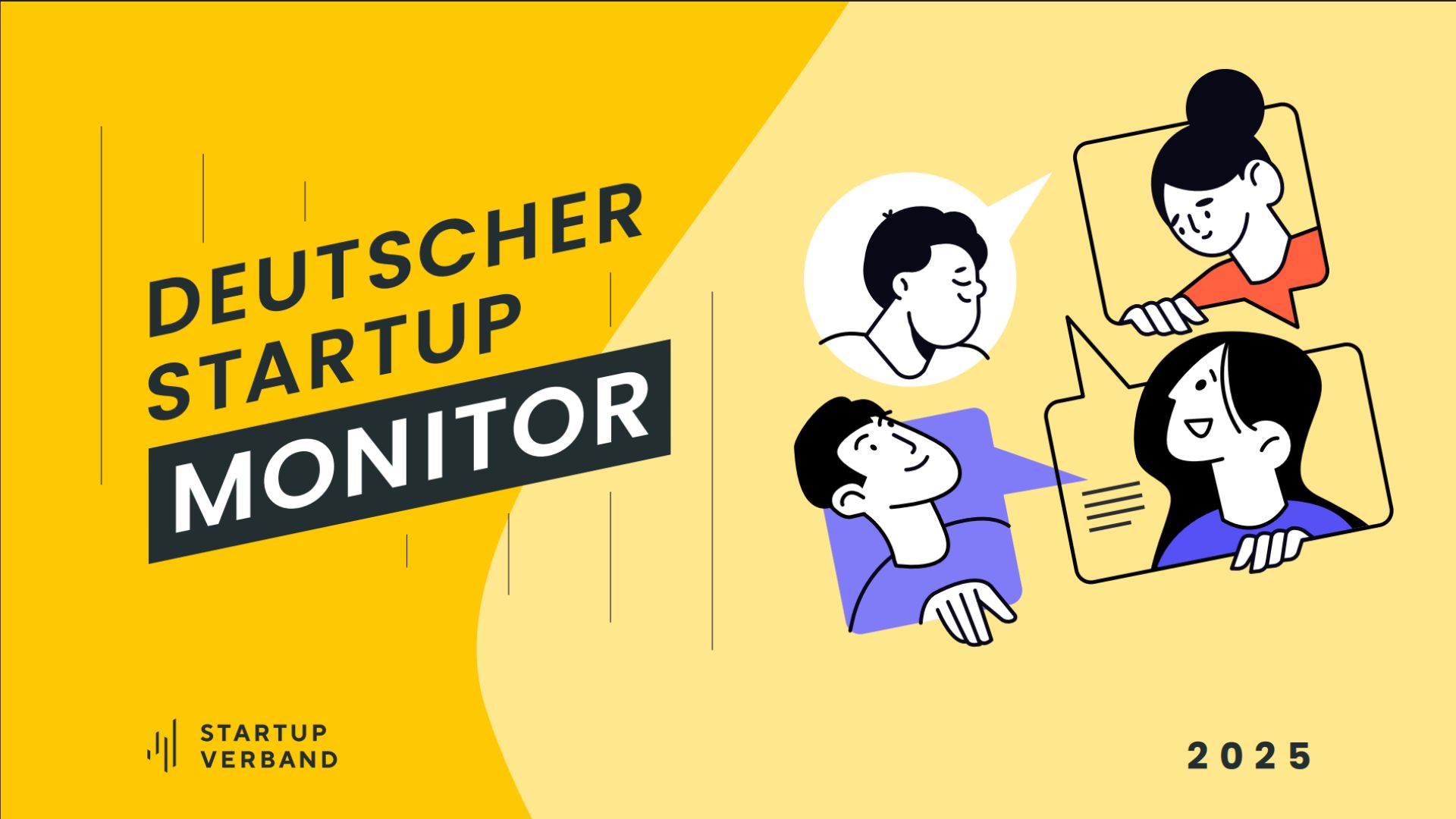Germany’s fintech scene is booming, but beneath the surface of legitimate innovation lurks something far more sinister. A new player has entered the field: DAS HAUS DES KREDITS 24 HDK GmbH. And let’s just say the name isn’t the only thing raising eyebrows.
The Digital Ghost in Germany’s Financial Machine
If you’re searching for DAS HAUS DES KREDITS 24 online, you’ll find exactly what you’d expect from a legitimate German financial company: a Creditreform entry and a YouTube channel. On paper, everything looks above board. But dig deeper, and the story gets interesting.
The prevailing sentiment among international residents who’ve encountered this company is suspicion bordering on alarm. Multiple sources point to connections with “Moskau Inkasso” – and if you’re not familiar with Russian-style debt collection, consider yourself lucky. It’s about as subtle as a sledgehammer to your savings account.
When German Efficiency Meets Dubious Tactics
What makes DAS HAUS DES KREDITS 24 particularly concerning is how it weaponizes German reliability. The company presents itself with all the trappings of legitimacy: proper registration, professional-looking online presence, and promises of financial services. But as one commentator dryly noted, they might just be using their services to fund education in reconstructive surgery – for all the clients who end up needing their jaws wired shut after dealing with their collection methods.
This isn’t just about aggressive business practices. Germany’s financial regulations exist for a reason, and they’re not suggestions. As legal experts consistently point out, in Germany, financial and banking services may only be provided by providers with a BaFin license. This license ensures transparency, capital, and investor protection standards are met.
A Pattern Emer: The Löffler Case Study
The recent collapse of the Löffler Immobiliengruppe offers a chilling preview of how these situations unfold. The BaFin accused that company of conducting unauthorized deposit business, with many investors losing their capital through subordinated loans that carried total loss risk. The company’s accounts were frozen, leading to insolvency, and investigations for fraud and delaying bankruptcy proceedings were initiated against their management.

The fintech landscape in Germany shows that while these companies are statistically more crisis-resistant than other startups (42% report good business conditions compared to 35% for other sectors), this resilience sometimes masks deeper issues. German fintechs employ an average of 34 people and are notably international, with 67% hiring foreign employees – more than double other startups. But size and international appeal don’t guarantee legitimacy.
Red Flags That Should Send You Running
When evaluating any German fintech, especially newer players like DAS HAUS DES KREDITS 24, watch for these warning signs:
-
Missing BaFin License: Any company offering financial services without explicit BaFin approval is operating illegally. Period.
-
Vague Business Models: If you can’t clearly understand how they make money (beyond charging you fees), run.
-
Aggressive Marketing Tactics: Legitimate German financial institutions don’t need to bombard you with “once-in-a-lifetime” opportunities.
-
Collection Agency Connections: References to or associations with aggressive debt collection services, especially international ones, should trigger immediate concern.
-
Pressure Tactics: Any sense of urgency – “act now or lose everything” – is the hallmark of scams, not legitimate financial planning.
The Bigger Picture: Germany’s Financial Fraud Epidemic
Germany faces significant challenges with financial fraud. Recent data shows the country ranked fourth in Europe for fraud cases in 2024, losing €267 billion to cybercrime. The BaFin regularly issues warnings about suspicious investment groups and platforms, particularly those targeting vulnerable investors through WhatsApp groups and social media.
The reality is that Germany’s reputation for efficiency and regulation can sometimes create a false sense of security. International residents might assume that if a company is registered in Germany, it must be legitimate. But as the Löffler case demonstrates, registration alone doesn’t protect against fraud.
Protecting Yourself in the German Financial Jungle
For international residents navigating Germany’s financial ecosystem, skepticism is your best defense. Before engaging with any fintech startup:
- Verify BaFin licensing directly through their official database
- Check for warnings on consumer protection sites
- Be suspicious of guaranteed returns or unusually high interest rates
- Never share personal financial information without verifying legitimacy
- Consult with independent financial advisors before committing funds
The story of DAS HAUS DES KREDITS 24 HDK GmbH is still unfolding, but the red flags are impossible to ignore. In a country where bureaucracy is typically thorough and regulation robust, companies operating in gray spaces deserve maximum scrutiny.
Germany’s fintech innovation should be celebrated, but not at the cost of financial safety. As international residents, you have the right to transparent, regulated financial services – and the responsibility to demand them.



